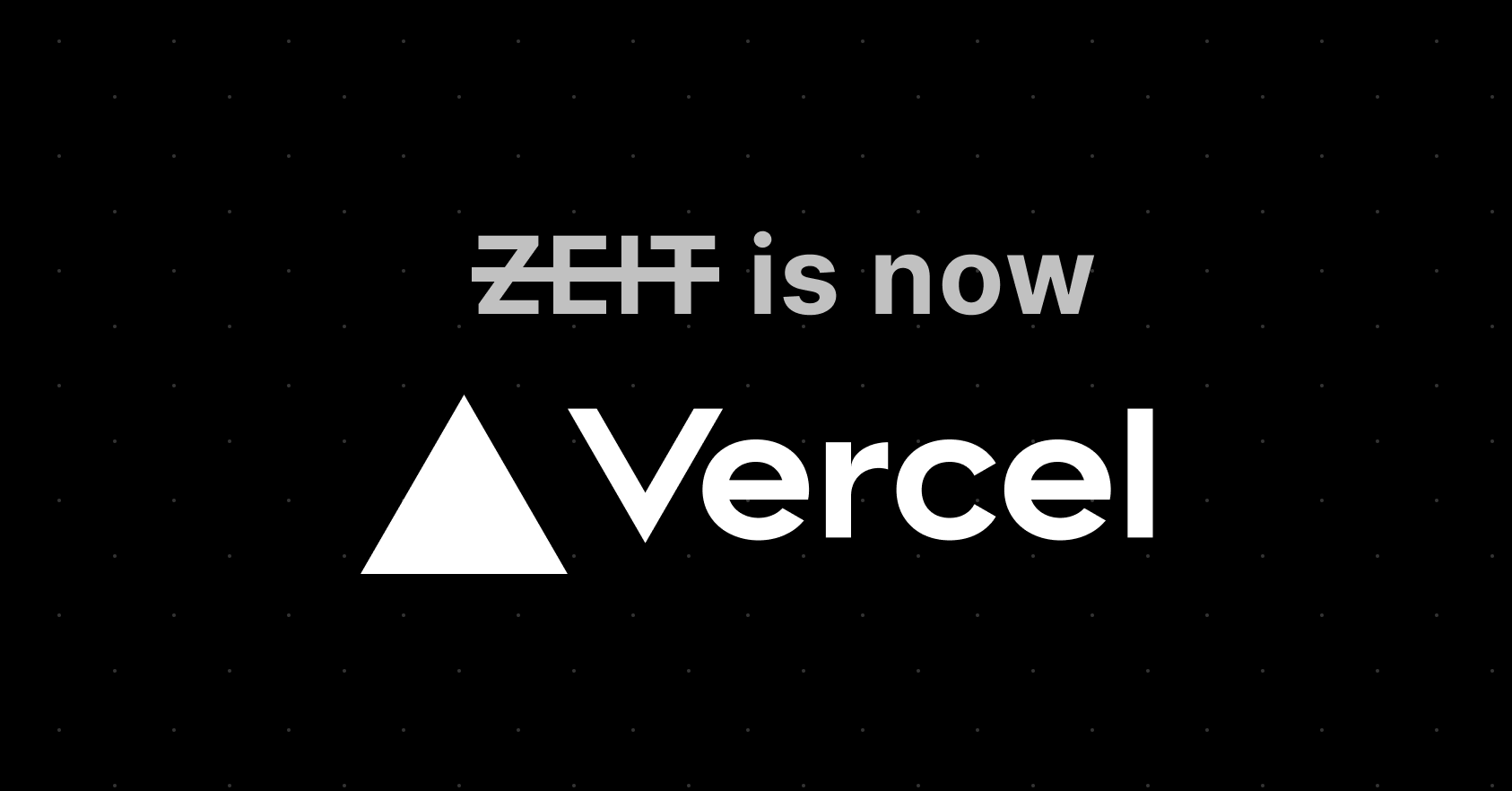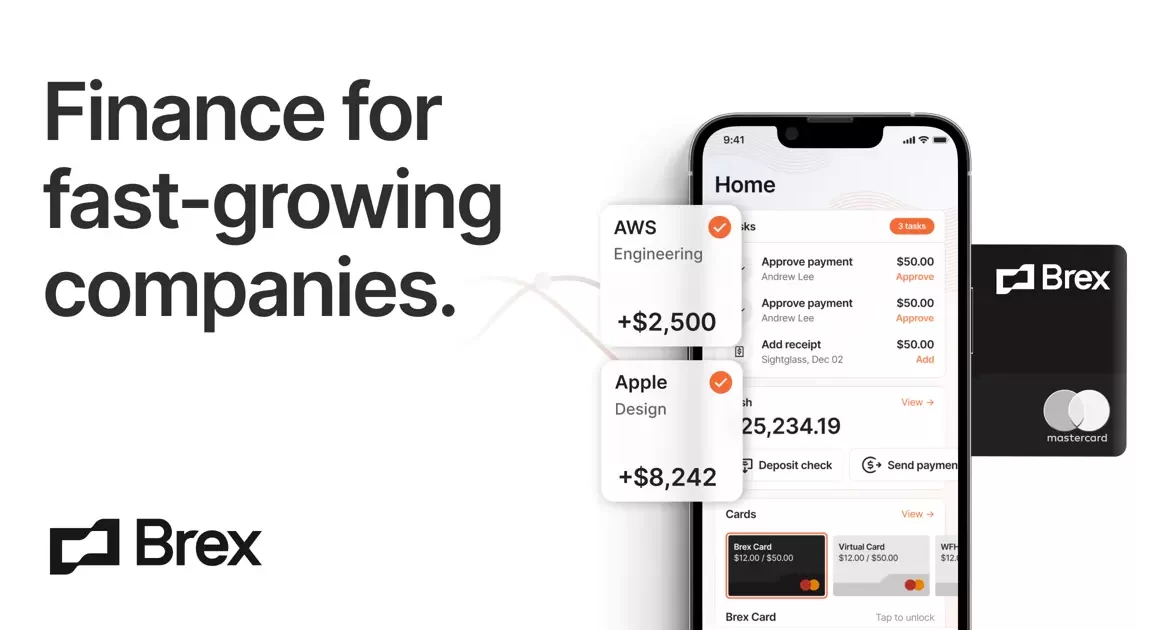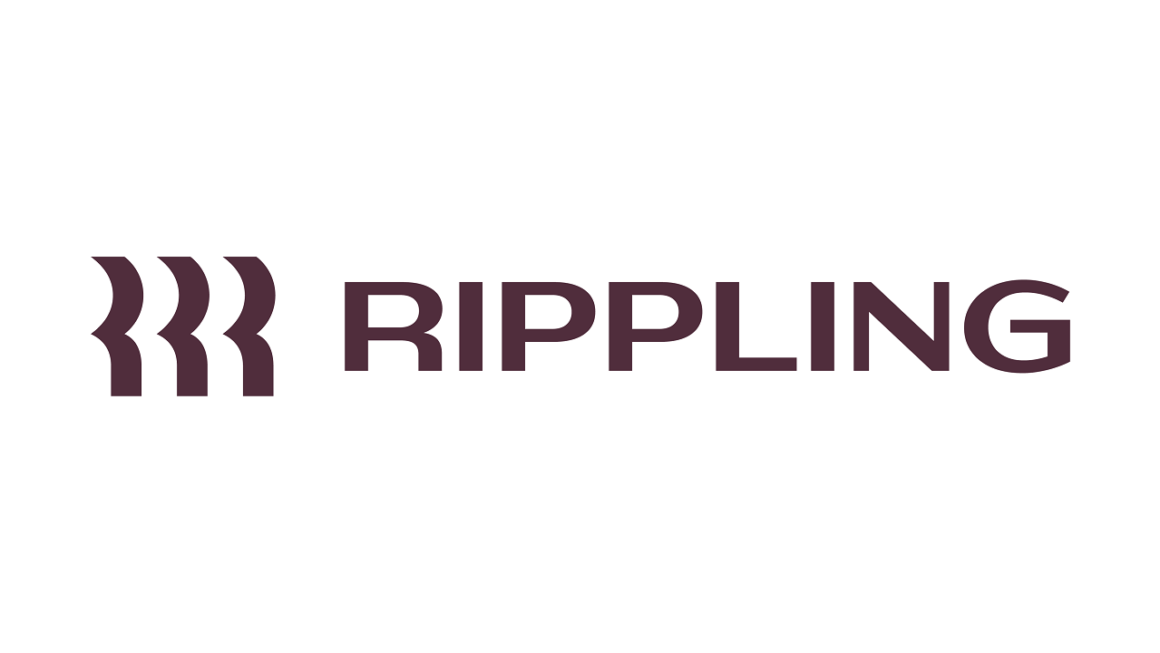Vercel, formerly ZEIT, is a startup that is revolutionizing the way websites and web applications are built and deployed. Founded in 2015 by a team of experienced developers and entrepreneurs, Vercel set out to solve the problems that have plagued web development for decades: slow, cumbersome, and expensive processes that often result in subpar user experiences. In this article, we’ll delve deeper into the Founders, Business Model, Revenue, Funding & Competitors of Vercel.
Traditionally, building and deploying a website or web application required a great deal of technical expertise and resources. Developers had to write code, test it locally, and then upload it to a server, where it would be hosted and served to users. This process was not only time-consuming, but it also required a significant amount of infrastructure, including servers, databases, and load balancers.
Vercel saw an opportunity to simplify and streamline this process by leveraging the power of cloud computing and containerization. Containerization is a technology that allows multiple isolated environments to run on a single host operating system, without requiring dedicated hardware or infrastructure. This means that developers can write, test, and deploy their code in a consistent environment, regardless of whether they’re working on a laptop or a powerful server.
Vercel’s platform utilizes Kubernetes, an open-source container orchestration tool, to manage and automate the deployment of web applications. When a developer pushes their code to Vercel’s platform, it is automatically built, tested, and deployed to a scalable, secure, and highly available infrastructure. This eliminates the need for developers to worry about provisioning servers, configuring networking, or scaling their application as traffic grows.
But Vercel’s innovation doesn’t stop there. The company’s platform also includes a number of features that make it easier for developers to collaborate, iterate, and deliver high-quality web applications quickly. For example, Vercel provides automatic code optimization, minification, and caching, which can significantly reduce page load times and improve user experience. It also integrates with popular development tools like GitHub, allowing developers to easily integrate their code changes and track updates in real-time.
Vercel’s focus on simplicity, speed, and collaboration has resonated with developers and teams around the world. Today, thousands of websites and web applications are built and deployed on Vercel’s platform, serving billions of requests each month. And with its recently launched Edge Functions feature, Vercel is enabling developers to extend their applications with serverless functions that run at the edge of the network, closer to end-users, further improving performance and reducing latency.
In summary, Vercel is a startup that is transforming the way web applications are built and deployed. Its innovative use of containerization and Kubernetes has simplified the development process, reduced costs, and improved performance. With its focus on collaboration, ease of use, and automation, Vercel is democratizing access to high-performance web development and deployment capabilities, enabling developers to focus on what matters most – building amazing apps and experiences for their users.
Founder of Vercel
Vercel boasts a team of talented individuals at its helm, but three names stand out when it comes to its founding: Guillermo Rauch, Naoyuki Kanezawa, and Tony Kovanen.
Guillermo Rauch, the Visionary Leader:

As CEO and co-founder, Guillermo Rauch is the driving force behind Vercel’s innovative vision. He’s a renowned software engineer with a track record of creating impactful tools and frameworks. Before Vercel, he co-founded Socket.IO, a real-time communication library, and played a pivotal role in developing Next.js, the React framework that forms the backbone of Vercel’s platform.
Rauch’s deep understanding of web development and his passion for simplifying the process are evident in Vercel’s intuitive interface and developer-friendly features. He’s a sought-after speaker and thought leader in the tech community, inspiring countless developers with his insights on the future of web development.
Naoyuki Kanezawa, the Strategic Mind:
Naoyuki Kanezawa, Vercel’s co-founder, brings a wealth of experience in business development and strategy to the table. He played a crucial role in shaping Vercel’s early growth and establishing its partnerships with key players in the tech industry. Kanezawa’s keen eye for market trends and his ability to forge strategic alliances have been instrumental in Vercel’s success.
Tony Kovanen, the Technical Virtuoso:

Tony Kovanen served as Vercel’s co-founder and ex-CTO, contributing his expertise in building and scaling complex technical systems. His deep understanding of distributed systems and infrastructure was instrumental in creating Vercel’s robust and reliable platform. While Kovanen has stepped down from his executive role at Vercel, his contributions continue to shape the platform’s technical foundation.
Together, these three individuals have laid the groundwork for Vercel’s remarkable journey, transforming the way we build and deploy web applications. Their combined vision, technical prowess, and business acumen have positioned Vercel as a leader in the front-end development space, and their story continues to inspire developers and entrepreneurs worldwide.
Business Model of Vercel
Vercel has taken the front-end development world by storm, offering a cloud platform that streamlines the entire process of building and deploying web applications. But how does this magic happen? Let’s dig into the details of Vercel’s business model, understanding how it benefits both developers and the company itself.
Freemium for the Curious and Open Source for the Trusting:
Imagine a world where you can experiment with a powerful platform for free. That’s exactly what Vercel’s freemium tier offers. You get access to essential features like:
- Instant deployments: Push your code and see your changes live in seconds, no server setup needed.
- Global CDN: Your website or app reaches users around the world with blinding speed thanks to Vercel’s network of edge servers.
- Collaboration tools: Work seamlessly with your team using Git integrations and branching.
This is a perfect playground for personal projects, learning new technologies, or prototyping your next big idea. And the best part? It’s completely free!
But Vercel doesn’t stop there. It fosters trust and transparency with developers by embracing open source. The core infrastructure code is open for anyone to see and inspect, building confidence and a sense of community around the platform.
Pro: Where Power Meets Scalability:
As your project grows, so do your needs. That’s when Vercel’s Pro plan steps in. Here, you unlock a treasure trove of additional features to take your development workflow to the next level:
- Custom domains: Ditch the generic Vercel subdomain and use your own branding.
- Advanced analytics: Gain valuable insights into your website or app’s performance and user behavior.
- Team collaboration: Work together with your team efficiently using features like private deployments and access control.
- Serverless functions: Extend your app’s functionality without managing servers, keeping your code clean and focused.
The Pro plan operates on a pay-as-you-go model, meaning you only pay for the number of users you have. This flexible approach makes it ideal for growing startups and teams.
Enterprise: Forging Custom Solutions for the Titans:
For large companies with complex needs and stringent security requirements, Vercel offers custom Enterprise plans. These plans are tailored to each company’s specific needs, providing features like:
- Dedicated infrastructure: Get your own isolated environment for maximum security and control.
- Priority support: Enjoy direct access to Vercel’s expert team for any technical issues or needs.
- Advanced features: Unlock additional capabilities like private CDNs, custom caching rules, and data loss prevention.
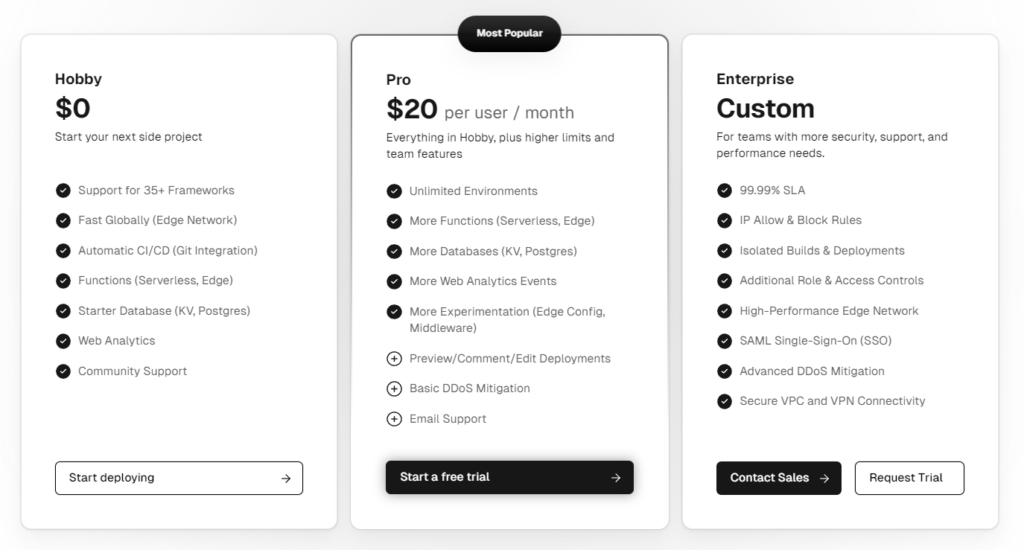
Of course, these premium features come with a premium price tag. But for large organizations, the increased security, control, and scalability justify the investment.
Shared Responsibility: A Symbiotic Partnership:
It’s important to note that Vercel follows a shared responsibility model. This means developers are responsible for managing their data, applications, and user access. This includes tasks like:
- Data encryption: Securing your sensitive information using best practices.
- Safeguarding information: Implementing access control and permissions to protect your data.
- Managing user access: Granting and revoking access to your project for team members and collaborators.
Vercel, on the other hand, takes care of the heavy lifting on the infrastructure side. They manage the servers, storage, networking, and other crucial components to ensure your app runs smoothly and securely.
A Win-Win for Everyone:
Vercel’s business model strikes a beautiful balance between empowering developers and ensuring its own sustainability. Developers get a powerful platform with flexible pricing options, while Vercel thrives on their success. This creates a symbiotic relationship where both parties benefit and the web development ecosystem as a whole flourishes.
Revenue of Vercel
Vercel, the platform changing the game for front-end development, is experiencing explosive growth, and its revenue reflects that:
2022 Revenue: $25.5 million, already impressive growth.
2023 Revenue: $60.6 million, a 137% increase in just one year! This rapid surge paints a clear picture of Vercel’s rising popularity and impact.
What’s Fueling the Growth?
- Over 100,000 developers use Vercel monthly, attracted by its powerful features:
- Instant deployments: Push code, see changes live – no server hassles.
- Global CDN: Blazing-fast delivery for your website or app, anywhere in the world.
- Custom domains: Ditch the generic Vercel subdomain, brand your project.
- Automatic HTTPS: Secure user connections effortlessly.
Freemium Model: Get started for free with basic features, perfect for personal projects or learning new technologies. Pay as you grow with flexible Pro and Enterprise plans.
This approach caters to all levels of developers, attracting a broad user base and fostering trust.
Funding and Investors of Vercel
Vercel has raised $313 million in funding over four rounds from 22 investors. The company’s latest funding round was a Series D round on November 23, 2021, for $150 million. The round was led by GGV Capital and included participation from existing investors and a new investor.
| Date of funding | Funding Amount | Round Name | Post money valuation | Investors |
| Nov 23, 2021 | $150M | Series D | $2.5B | GGV Capital, Accel, Bedrock, CRV, Geodesic Capital, Google Ventures, 8VC, Greenoaks, SV Angel, Tiger Global Management, Flex Capital, Latacora, Salesforce Ventures |
| Jun 23, 2021 | $102M | Series C | $1.1B | Bedrock, Accel, Geodesic Capital, Google Ventures, Greenoaks, Flex Capital, Latacora, GGV Capital, 8VC, Tiger Global Management, CRV, Salesforce Ventures |
| Dec 16, 2020 | $40M | Series B | – | Google Ventures, Bedrock, Greenoaks, Geodesic Capital, Accel, CRV |
| Apr 21, 2020 | $21M | Series A | – | Accel, CRV, Nat Friedman, Jordan Walker |
Competitors of Vercel
Vercel, the rising star in front-end development, reigns supreme in its niche, but it’s not the only player in the game. Several competitors offer similar services and vie for developers’ attention. Let’s dive into the key contenders:
Direct Competitors:
Netlify
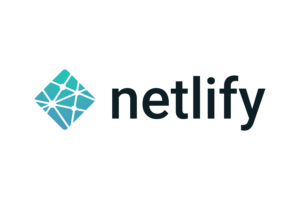
A close rival with a focus on static site hosting and serverless functions. Netlify boasts a user-friendly interface, instant deployments, and a global CDN. Its freemium plan is generous, making it popular with individual developers and small teams.
AWS Amplify
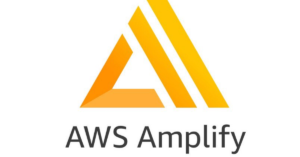
Amazon’s cloud platform offering for building and deploying web and mobile applications. Amplify provides serverless functions, authentication, data storage, and analytics, all integrated into one platform. Its scalability and robust backend services attract enterprise clients.
Heroku
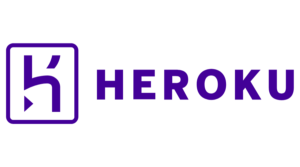
A veteran in the cloud platform space, Heroku primarily focuses on Ruby on Rails deployments but also supports other languages. It offers a pay-as-you-go model with flexible scaling options, making it attractive for dynamic applications with varying traffic.
Render
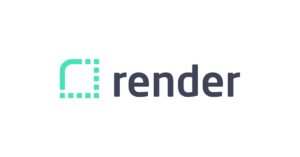
A newer but rapidly growing platform, Render specializes in serverless deployments and microservices architecture. It offers high performance, security, and developer-friendly tools, attracting large companies and performance-critical applications.
Alternatives:
GitHub Pages
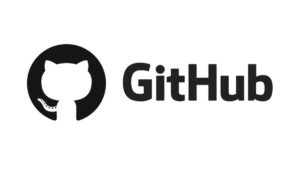
A free static site hosting service from GitHub, perfect for hosting simple websites and documentation.
Cloudflare Pages

Another free static site hosting service from Cloudflare, offering a global CDN and easy integration with Cloudflare’s other security and performance tools.
Firebase
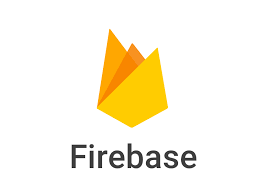
Google’s cloud platform offering for mobile and web development. Firebase provides backend services like authentication, databases, and real-time features, making it popular for building complex applications.
Choosing the Right Platform:
The best platform for you depends on your specific needs and priorities. Consider factors like:
- Project type: Static site, serverless application, dynamic app?
- Budget: Freemium, pay-as-you-go, or fixed monthly cost?
- Scalability: Do you need to handle unpredictable traffic spikes?
- Developer experience: Easy-to-use interface and development tools?
- Integrations: Does it integrate with your existing workflows and tools?
By carefully evaluating your needs and comparing the offerings of Vercel and its competitors, you can choose the platform that best empowers you to build and deploy your web applications with speed, efficiency, and confidence.
Also Read: OutSystems – Founder, Business Model, Funding & Competitors
To read more content like this, subscribe to our newletter
